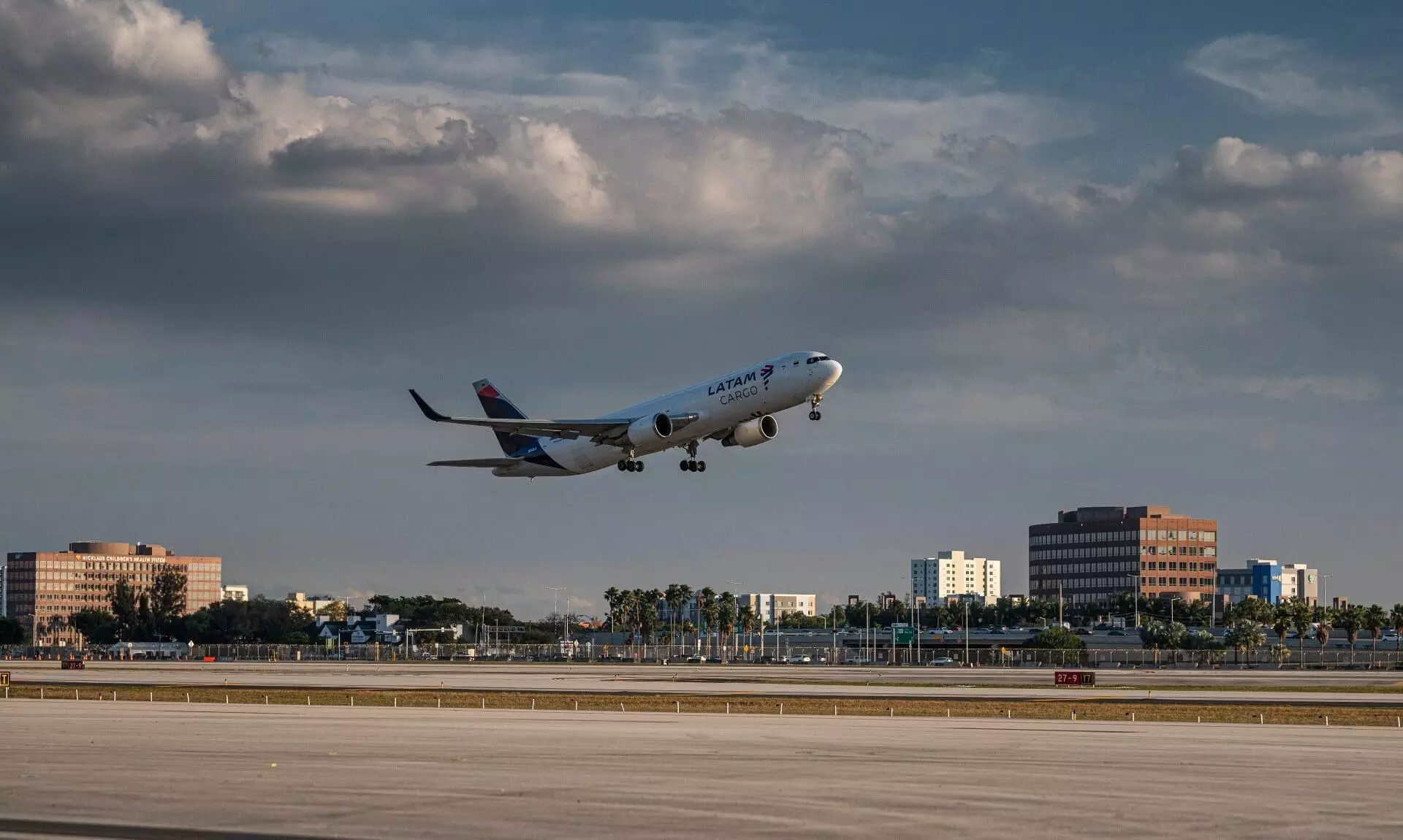
LATAM Cargo develops first ONE Record pilot from South America
The testing achieved a potential efficiency saving of at least 65% of the time in document and data processing activities, from the delivery of cargo at the origin to its pick-up at the destination.

After two months of testing, LATAM Cargo became the first airline to carry out a ONE Record digital corridor from South America, between the airports of Lima and Madrid.
Together with the support of Usyncro, a technological solution that also incorporates Blockchain in logistics, this pilot managed to be the first in the industry with perishable products.
ONE Record is a standard promoted by the International Air Transport Association (IATA) to share data by creating a single record for cargo. The goal is that, by January 1, 2026, ONE Record will be established as the only industry data sharing standard supported by IATA. For this reason, several players, such as LATAM Cargo, have wanted to anticipate the implementation of the standard by initiating test projects.
According to the cargo subsidiary's presentation at the CNS conference, an IATA event that brings together industry leaders, during the period between February 28th and April 28th this pilot was carried out to evaluate and understand at an early stage the benefits that the implementation of ONE Record brings to the various industry stakeholders involved in the air logistics process. This implementation achieved a potential efficiency saving of at least 65% of time in document and data processing activities, from the delivery of cargo at origin to its pick-up at destination.
The results obtained required the collaborative work of the entire chain, involving two of its customers, Hellmann and Translogistics, together with their main consignee brokers, Asatrans and Arola, respectively. These were supported by the cargo terminals, Talma Servicios Aeroportuarios, Frío Aéreo and its ground handler at destination, as well as the supervision and control by Customs at origin and destination, in Peru and Spain. The participation of each of them was what made possible the development of this initiative digitizing the logistics operations.
"The implementation of this first pilot marks a milestone for the company regarding our objectives as LATAM Cargo in terms of digitalization. As we move forward on this path, we increasingly understand the advantages that ONE Record will bring to all the actors involved in the chain. The potential benefit of this initiative is enormous, but to achieve its full adoption by 2026, we must move forward united, working together with customers, suppliers and authorities. Only through a collaborative and coordinated effort will we be able to achieve our ultimate goal," says Jorge Gálvez, Director of Development and Marketing at LATAM Cargo.
Violeta Solís Pellanne, Airfreight Product Manager at Hellmann Peru, points out that "we consider the technological challenge that ONE Record invites us to undertake to be of vital importance, to have all participants in the logistics chain integrated through the same standard, sharing reliable information directly from the source, traveling from start to finish of the chain and leading us to achieve a zero paper environment, thus adding to our principles of ecological sustainability".
On the other hand, the cargo subsidiary evidenced that thanks to the implementation of these standards for information sharing, the resolution time in case of irregularities and process blockages due to documentary incidents was significantly reduced. In addition to the above, this implementation would make it possible to eliminate physical documentation and, on the other hand, separate the responsibilities of each party in relation to data, traceability and information security.
Despite the benefits that ONE Record brings to the cargo process, it entails great challenges due to the lack of knowledge that still exists of the standard in most of the region, which also lacks the necessary digital capabilities for its implementation. This is a major challenge for those who have wanted to get started in this process and move forward together towards its adoption, with the acceptance by Customs and authorities, which are key to its success.


